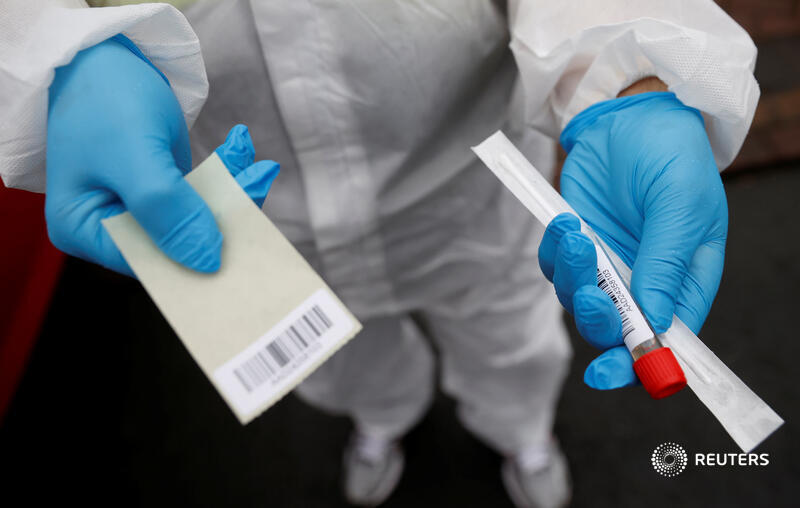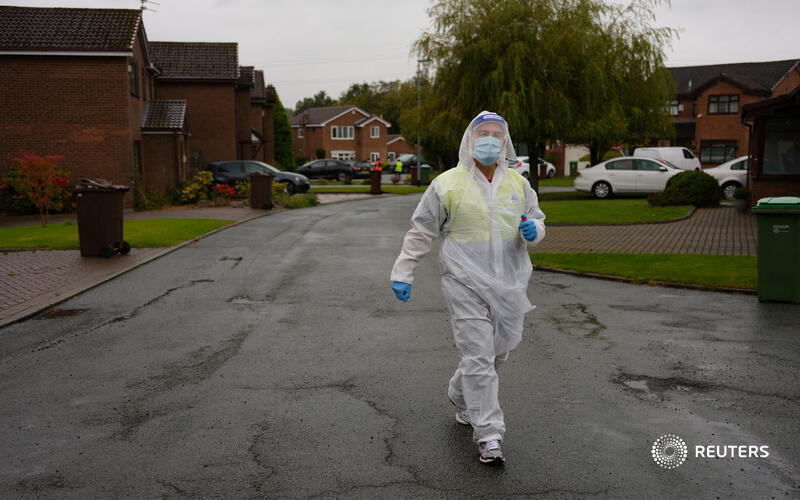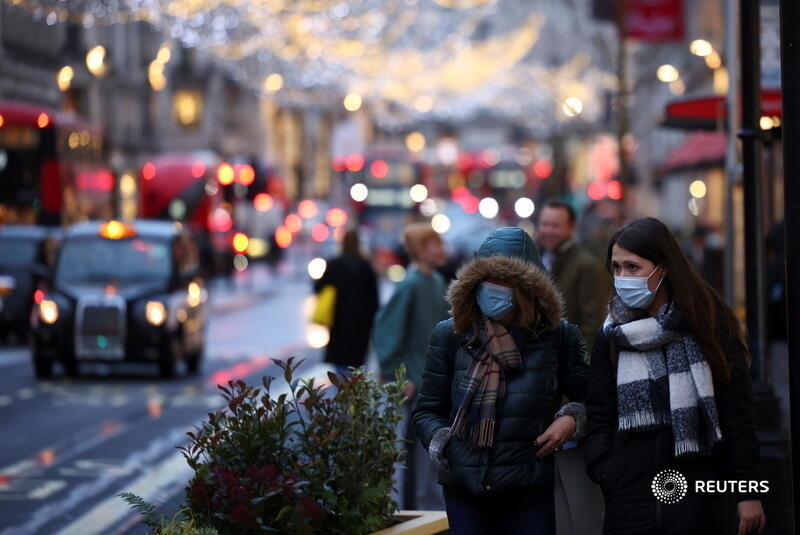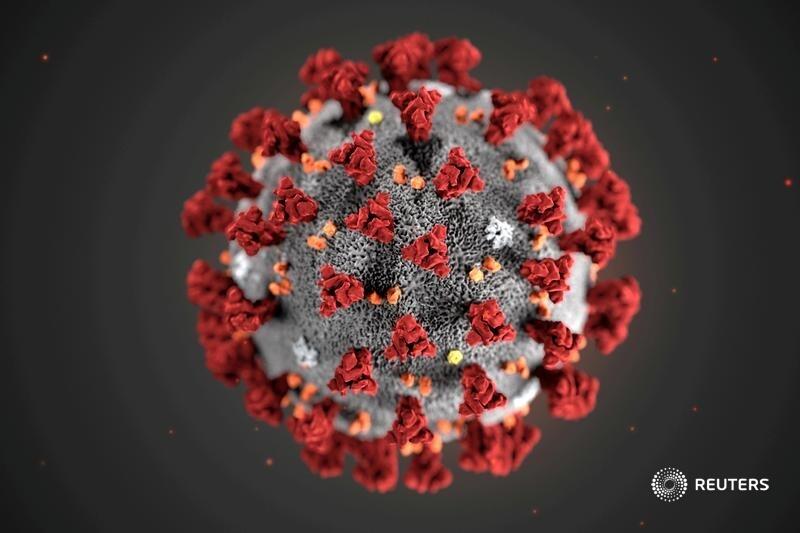The highly infectious COVID-19 coronavirus variant that has been circulating in Britain is linked to higher loads of the virus in the blood, according to a research report https://reut.rs/2Js0TSR 1/9
Around 35% of patients infected by the variant form had very high levels of the virus in their samples, compared to 10% of patients without the variant, study leader Michael Kidd of Public Health England and Birmingham University told @Reuters 2/9
A specific form of a protein passed down from Neanderthals protects against severe COVID-19, and medications that boost levels of this protein could potentially help treat the disease, a study says 3/9
The protein, called OAS1, is involved in the body's response to viruses. People with higher levels of the Neanderthal-related form of OAS1 are less susceptible to COVID-19 4/9
If they do become infected, they are at lower risk for hospitalization, intubation and death, the study reported on medRxiv ahead of peer review said 5/9
The speed of patients' antibody production - rather than the volume of antibodies they produce to fight the new coronavirus - determines whether they will survive COVID-19, new data suggest 6/9
Researchers who studied more than 200 COVID-19 patients, including 179 who were hospitalized, found those who produced so-called neutralizing antibodies within 14 days of developing symptoms eventually recovered 7/9
While those who did not produce neutralizing antibodies until more than 14 days had elapsed, developed higher viral loads and more severe disease 8/9
Here is a roundup of some of the latest scientific studies on the novel coronavirus and efforts to find treatments and vaccines for COVID-19 https://reut.rs/2Js0TSR by @celiacdisease 9/9

 Read on Twitter
Read on Twitter












